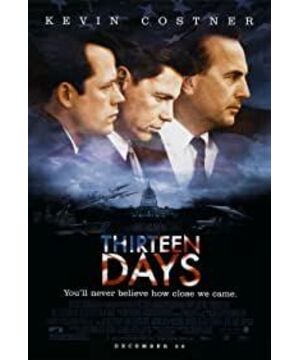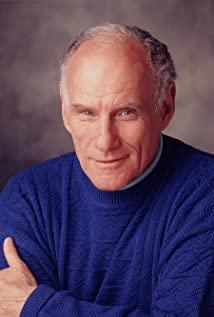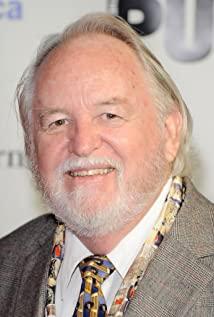Watching "Obama's Wars" two years ago, I felt the bargaining between the military and the White House for the first time. In a country like the United States that regards the civil control of military as the foundation of the nation, the military dared to be so bold. Watching "13 Days" today, it should be said that we have seen the "tit-for-tat" between the US military and high-level government. The two episodes are the most shocking. One is the Secretary of Defense McNamara's rage against the Secretary of Naval Operations at the Pentagon, and the other is the President's attack on the table with the chairman of the Joint Council. It should be said that when I grew up as a military family, there is no doubt about my feelings for the army, but I did not hesitate to stand on the side of civilian officials.
It is true that from the perspective of human nature, the army, as a national violent machine, can best realize its value in war (of course I am talking about the army as a whole, not the sacrificed and disabled combat troops on the front line), and can gain career A sense of accomplishment. However, the improvement of individual people, or the overall value of the military, is based on the endless suffering of countless families and individuals. Such values are bloody values and cannot be condoned.
In 1986, the US Congress passed a bill to remove the Joint Council from the chain of command, making it a pure staff member of the President and the Secretary of Defense. From the perspective of this film, it is really necessary.
After all, the ultimate value of the existence of armed forces is to prevent the outbreak of war.
View more about Thirteen Days reviews











